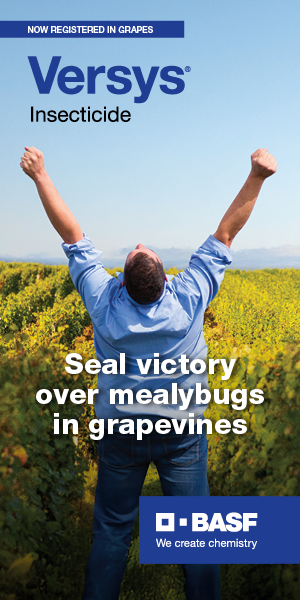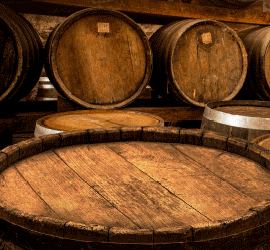All issues raised by Murray Valley Winegrowers in a submission to the ACCC have been addressed in an interim report of a market study conducted by the agency over the past eight months.
“Over many years, MVW has campaigned for improvements in the commercial dealings surrounding the supply of wine grapes to wineries. When Mick Keogh was appointed a commissioner of the ACCC, with oversight of the ACCCs new agriculture unit, the issues and concerns raised by MVW, and others, attracted more attention,” executive officer Mike Stone (pictured) said.
The ACCC has conducted forums with growers across Australia, and in July/August last year conducted an online survey as part of an investigation into commercial practices. The survey attracted 262 responses, with almost 40 per cent coming from Murray-Darling/Swan Hill (58), Riverina NSW (31) and Riverland SA (12). After the survey, the ACCC issued an issues paper, called for submissions, and announced that it would investigate the wine industry by way of a market study. MVW provided its submission in November. The ACCC also hosted a grower forum in Mildura in late November. Since then, the ACCC has been working on its market study report.
Interim recommendations include:
• Winemakers in warm climate regions be required to provide indicative prices to an independent body for simultaneous public release.
• Long-term payment periods be phased out and an industry standard introduced to require full payment for grapes no later than 30 days after delivery.
• The National Measurement Institute and Australian Wine Research Institute develop uniform standards for testing and measuring grape sugar levels and colour, and that winemakers use objective testing and sampling techniques in assessing grape quality.
• The Australian Wine Industry Code of Conduct be substantially strengthened, and that all winemakers in Australia with crushing capacities above 10,000 tonnes become signatories to the code… if winemakers do not sign up to the code, the ACCC may recommend to government that the code be made mandatory.
“The ACCCs interim report provides a benchmark for how commercial relationships between growers and grape buyers should operate,” Stone said.
The industry is now on notice to resolve issues regarding lack of transparency and unrealistic price secrecy provisions, lack of support for the industry code of conduct and price dispute mechanisms, and absence of objectivity in the assessment of grape standards.”
The ACCC is seeking feedback on the interim report by 28 June, and expects to release a final report in September.





















